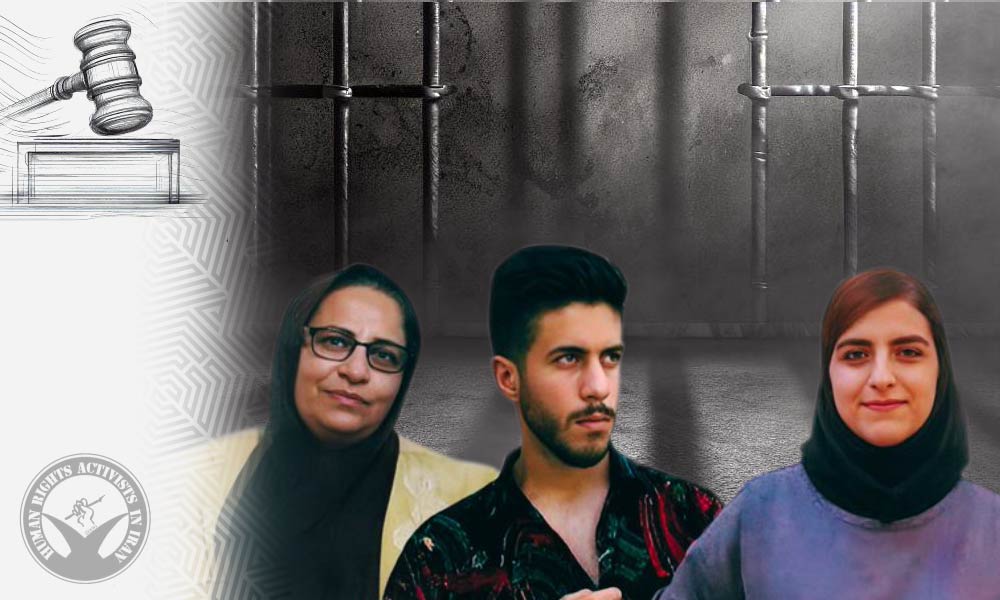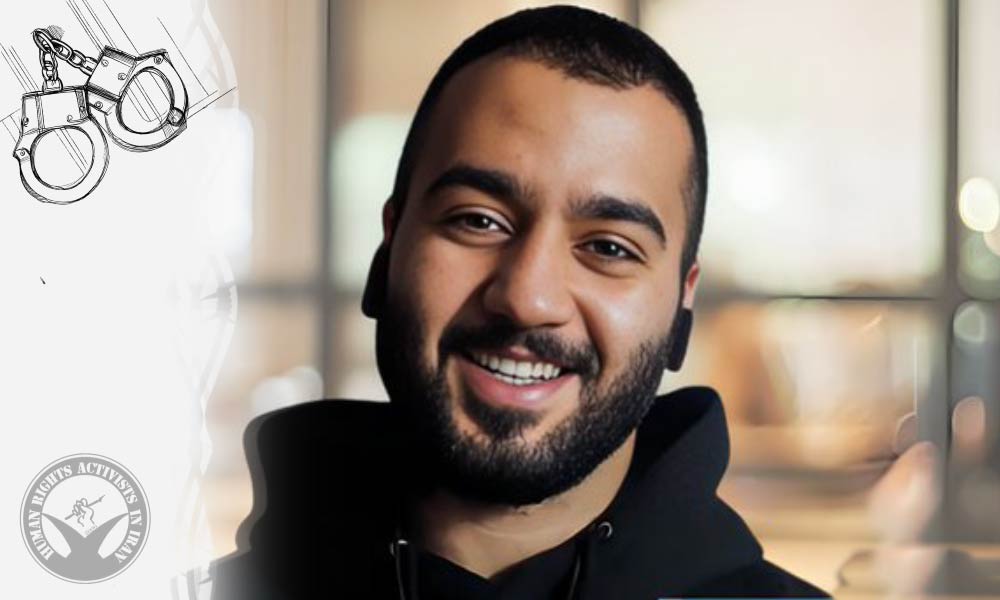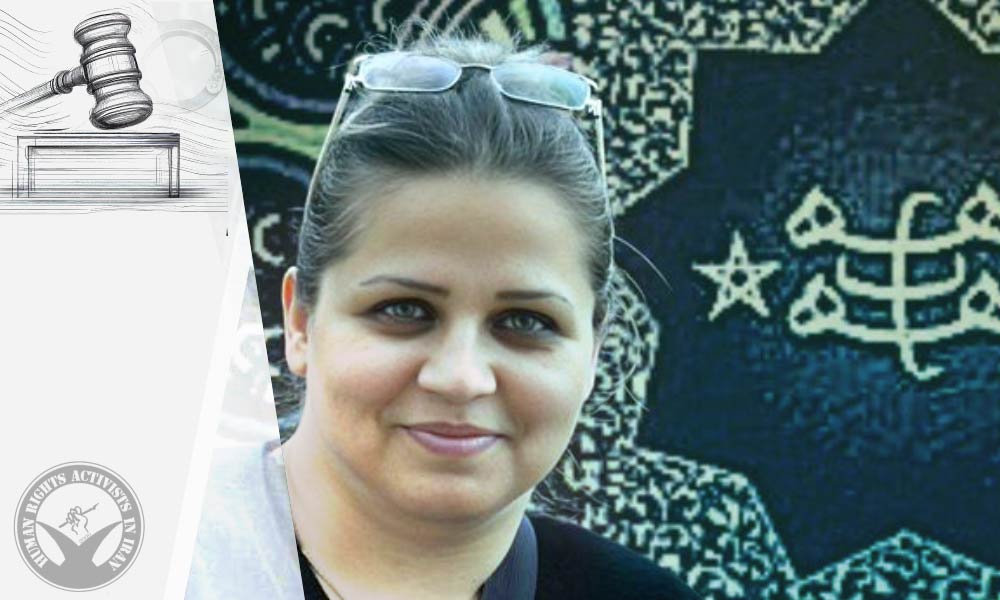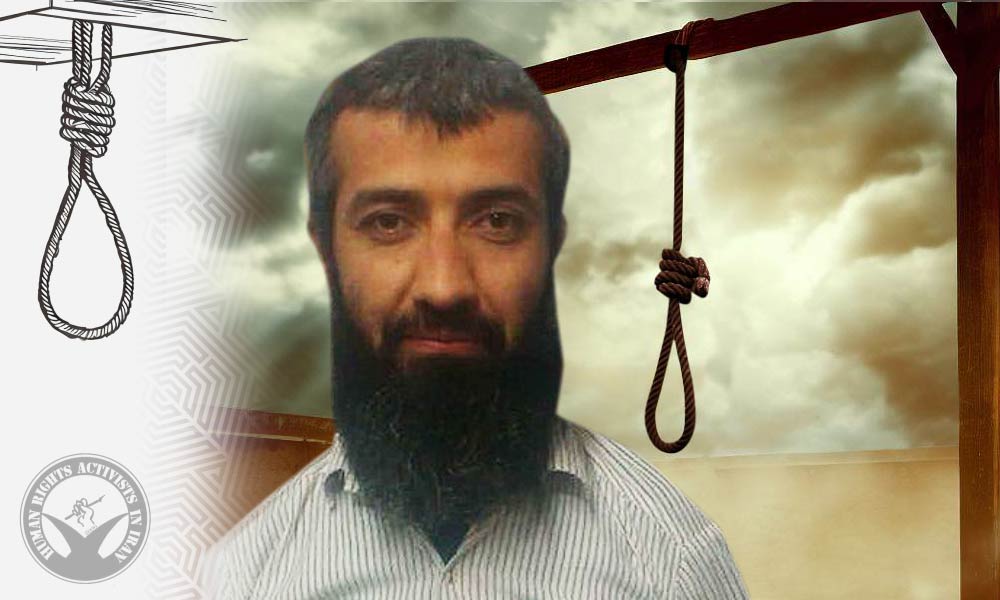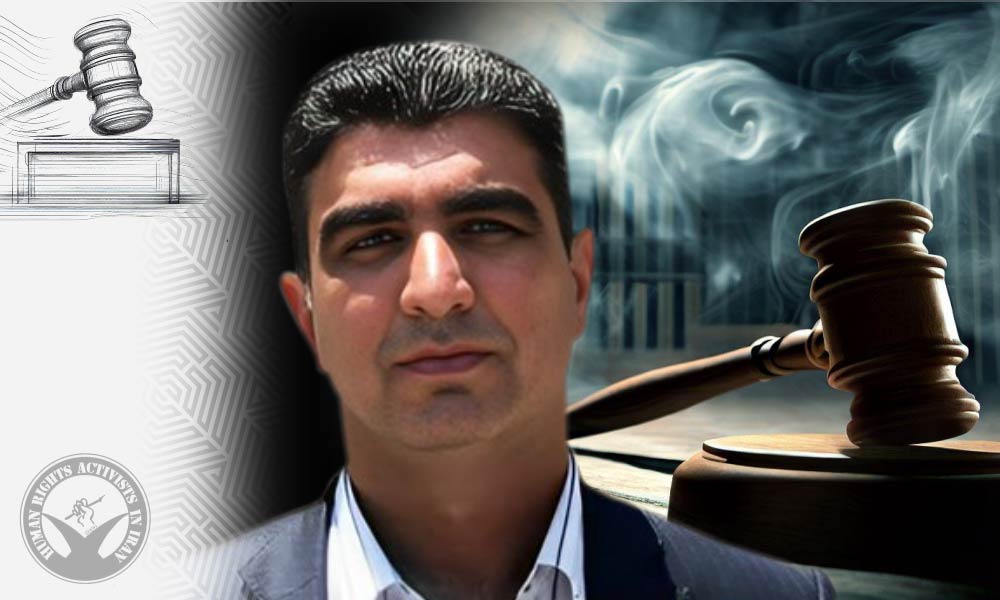On November 30, 2023, Kamran Rezaie, 33, was executed in Adelabad Prison, located in Shiraz.
As per the Iran Human Rights Organization, Rezaie, apprehended during the 2019-2020 nationwide protests (Aban Protests), faced accusations of killing a Basij militia force member. The nature of the charges remains unclear, leaving uncertainty as to whether intentional murder was the sole accusation or if additional charges, such as “enmity against God” (Moharebeh), were involved.
Remarkably, over the past six years, neither media outlets nor human rights organizations have reported on Rezaie’s case. As of the latest update, HRANA has been unable to independently verify the details surrounding his case.
According to data compiled by the Center of Statistics of Human Rights Activists in Iran (HRA), between October 10, 2022, and October 8, 2023, a total of 659 individuals were executed by hanging in Iran, representing a 24% increase compared to the corresponding period in the previous year. Seven of these executions were conducted publicly. Concerningly, many of the defendants were denied access to a fair trial and due process. For details and statistics, read HRANA’s report.




